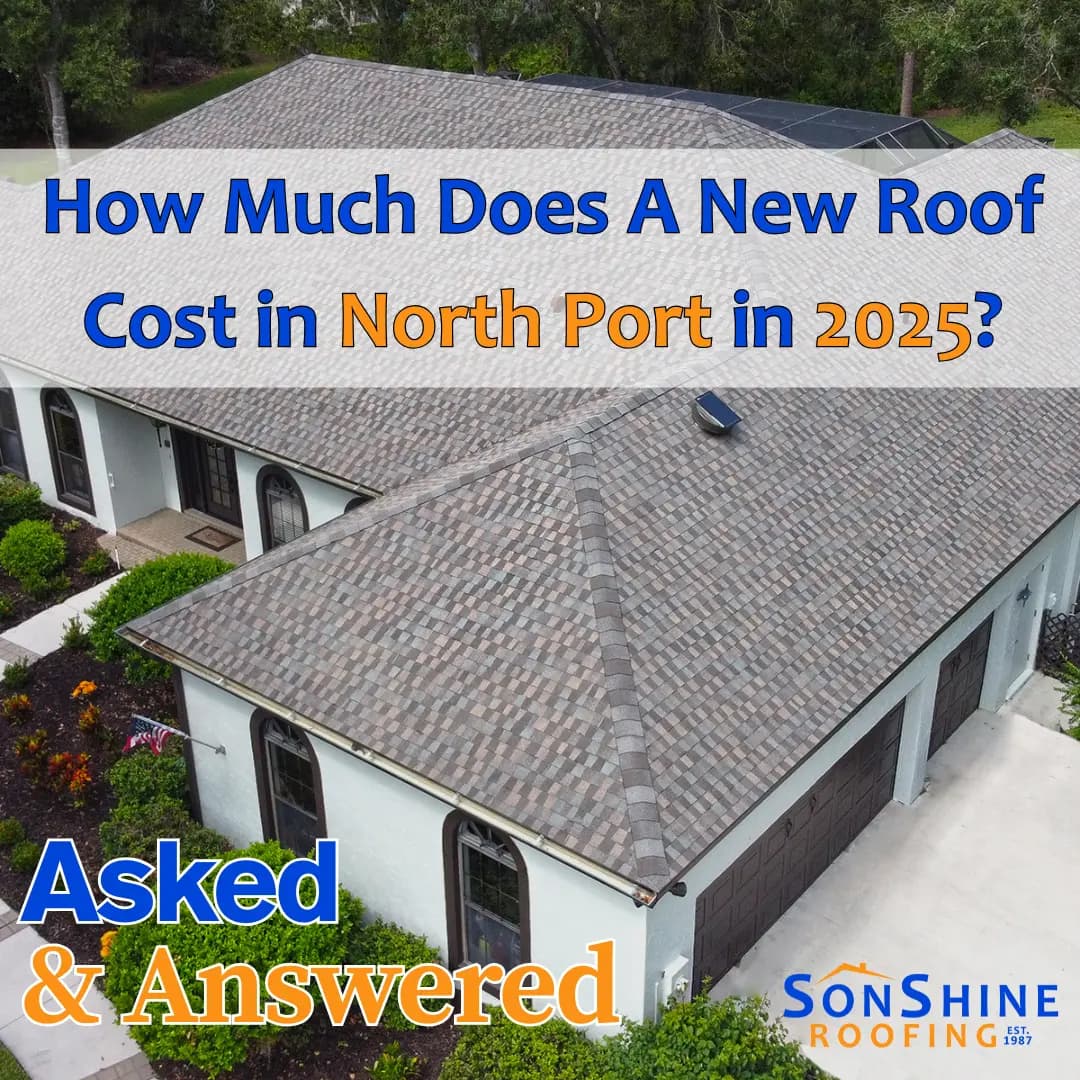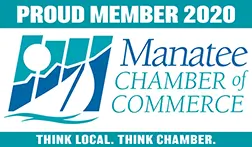Raise your hand if you’ve ever felt confused or frustrated when planning a major home improvement project? We’re not talking about details like picking the right color shingles or deciding whether you should upgrade your gutter system.
Today, we’re sharing information on a topic of interest to any Florida homeowner in the process of installing a new roof—building codes.
While your roofing contractor will take care of most of the legwork associated with ensuring code compliance, as a homeowner, you do bear some of the responsibility. Take a minute and read more about the importance of making sure a project is up to code. We’ll also discuss why sometimes adhering to minimum standards isn’t enough.
What Are Local Building Codes?
Unless you’ve tackled major plumbing, electrical, or siding projects, you may not be familiar with the regulations your city and state expect you to follow.
Building codes are the regulations that govern the design, construction, and maintenance of residential and commercial buildings. Codes ensure buildings meet the minimum standards for safety.
In addition to design and construction, codes also come into play when you alter the structure of your home. Roof installations fall under this category.
Who Regulates Building Codes?
If you’ve tangled with a fussy building inspector, you likely wonder if they’re following the rules, or making them up as they go to get under your skin. The truth is the state of Florida enforces some of the strictest building codes in the country.
Any contractor who works on your home doesn’t only follow state codes. There are also county and city building codes. You’ll find out more than you ever wanted to know about building rules and regulations anytime you start a home improvement project.
Who makes the rules?
Most states and cities use model building codes created by the International Code Council (ICC). They then modify the codes to meet their specific needs. Due to hurricanes, the State of Florida implements a stringent set of building codes for roofs.
In all probability, that picky inspector is just doing their job and looking out for your safety. Be glad you don’t live in Virginia—they’ve surpassed Florida as the state with the strictest building codes!
When it comes to roofing projects, your contractor must have comprehensive knowledge about Florida roof building codes. Blame the weather!
Florida Weather and Roof Building Codes
Living on the Gulf Coast means your home, especially your roof, is subject to hurricane-force winds. It happens every year, and while some years are worse than others, the roof always takes the brunt.
Sarasota and much of the Southwest Gulf Coast sits in a high-velocity hurricane zone (HVHZ). The area is in Zone 2, which means it’s not uncommon to experience wind speeds between 120-129 mph.
Like the rest of the state of Florida, the city of Sarasota uses both HVHA and non-HVHA codes.
Roof Building Code Examples
In most cases, your roofing contractor will utilize high-velocity building codes. We won’t get into specific code numbers or the legal verbiage, but here are a few examples:
Roof Decks and Coverings
When you select the roofing materials, you’ll want to make sure you choose those designed for the wind load specified by state and local code. Roofing materials must have the physical integrity to hold up against wind for the entire useful life of the roof.
Whether you choose asphalt shingles, concrete or clay tiles, wood shakes, or a metal roof, the materials must resist damage from flying or falling debris.
Flashing
Flashing plays the role of a sealant for your entire roofing system. With the potential for heavy rains during tropical storms and hurricanes, the installers pay close attention to how they install flashing. It must prevent moisture from getting into the roof and the wall of your home.
Roof Drainage System
Have you heard the terms pitch and slope in any of the discussions with your roofing team? Both play a role in ensuring water drains correctly from the roof.
Your roof may slope so that water drains over the edges of the roof, but if it doesn’t, you will need a code-compliant roof drainage system. Florida Building Code also regulates gutter material—your contractor will use gutters made from non-combustible materials.
Roof building regulations help ensure your roofing materials, underlayment, and the roof deck can withstand the weather common to the state of Florida.
Will Your Contractor Go Above and Beyond the Minimum?
Most reliable roofing contractors at least meet the minimum requirement set by the building department. Is that enough, or should you expect them to go beyond the minimum?
Building codes establish the minimum safety requirements for your roof. If your contractor goes beyond the minimum, they not only ensure they meet the building inspector’s expectations, but they meet yours.
Furthermore, because they provide for the minimum standards, that means codes don’t regulate every aspect of the roof installation process. Codes don’t account for the various details involved in installing a roof that will perform well over the long-term.
Whenever you start a home improvement project, you’ll have at least one set of curious eyes watching every step you and your contractor take. All it takes to put a damper on your roofing installation is another homeowner who notices something that just doesn’t look right.
Building inspectors are supposed to check up on complaints. If your contractor does more than meet the minimum code requirements, when the inspector happens to drop by, they’ll have nothing to justify the neighbor’s accusation.
Ready to Schedule Your Roofing Services?
We hope this post helps clarify some of your questions about building codes. We know sometimes codes seem unreasonable, but we promise, they’re necessary to protect you and your home from damage. We also can assure you our team does go above and beyond the basic requirements set by the State of Florida for roof installations and repairs.
If you’re considering a new roof, or your existing roof needs repairs, contact us today. We’ll have one of our roofing experts come out and talk with you about your project.













